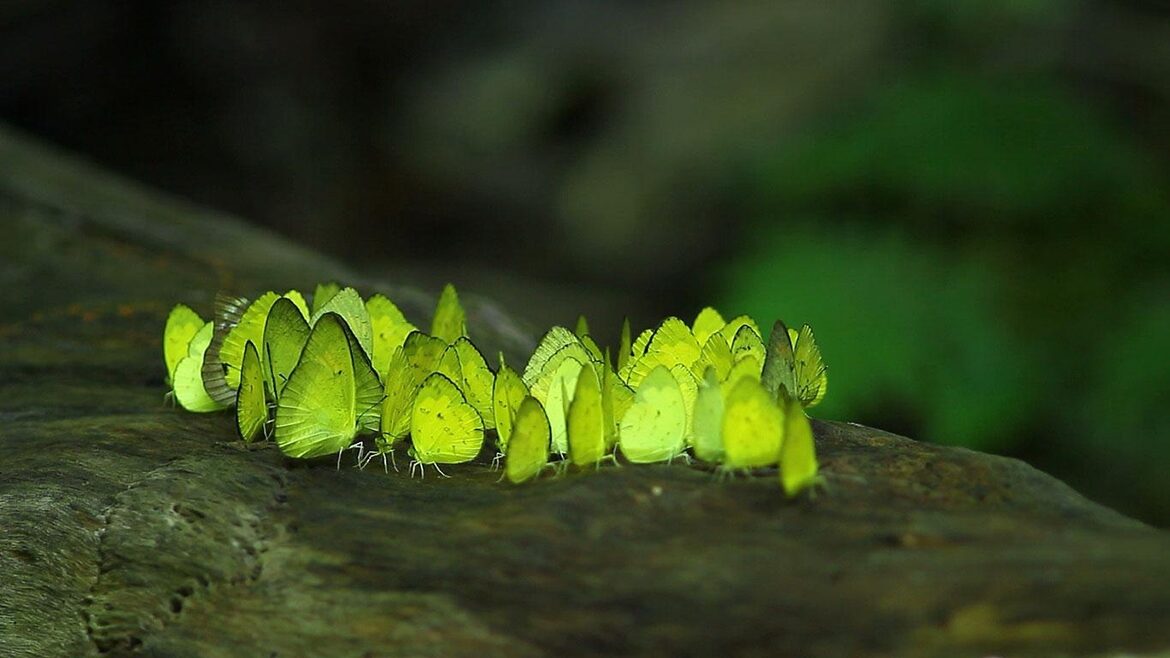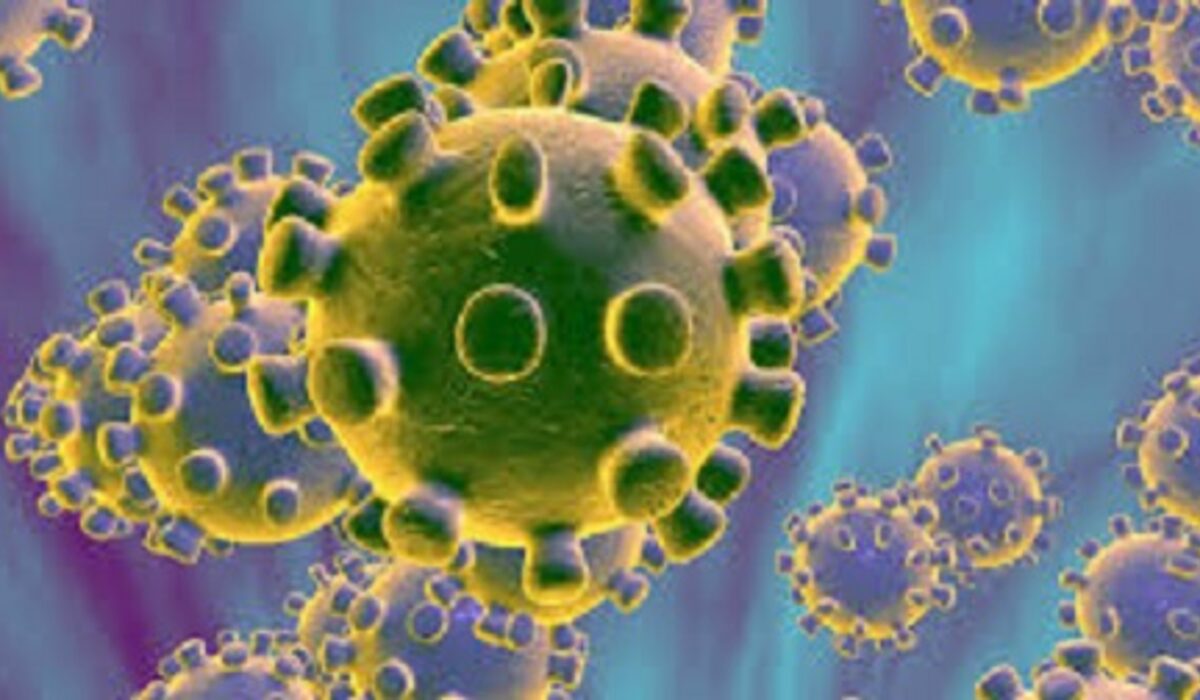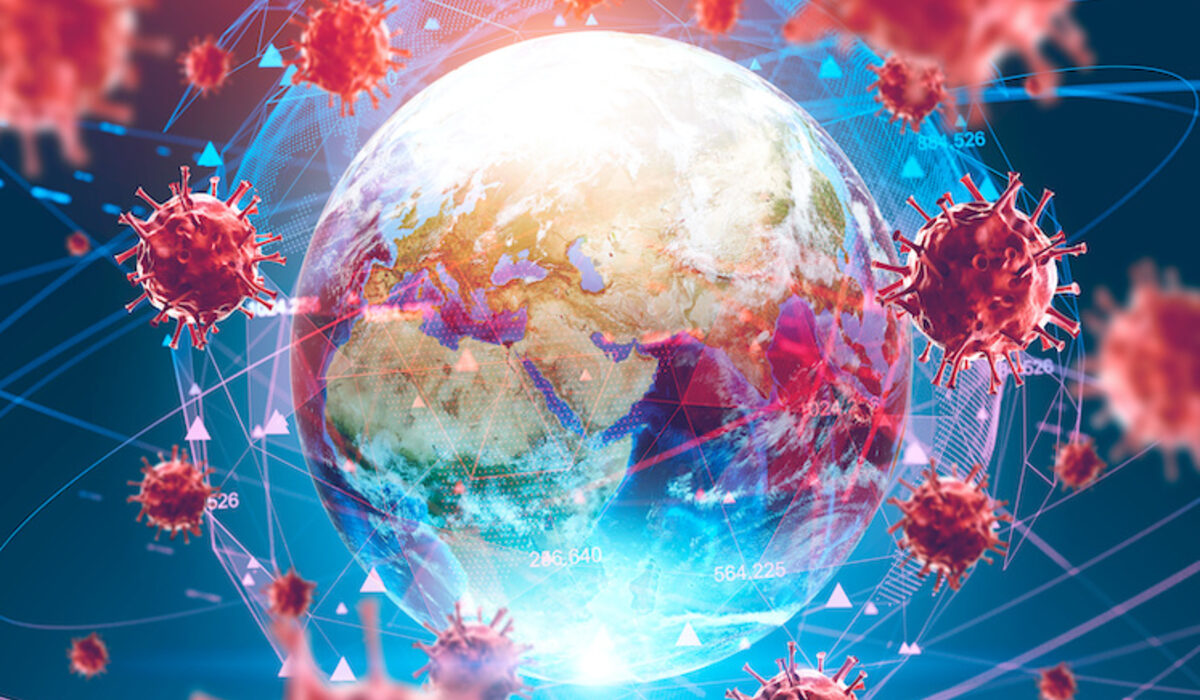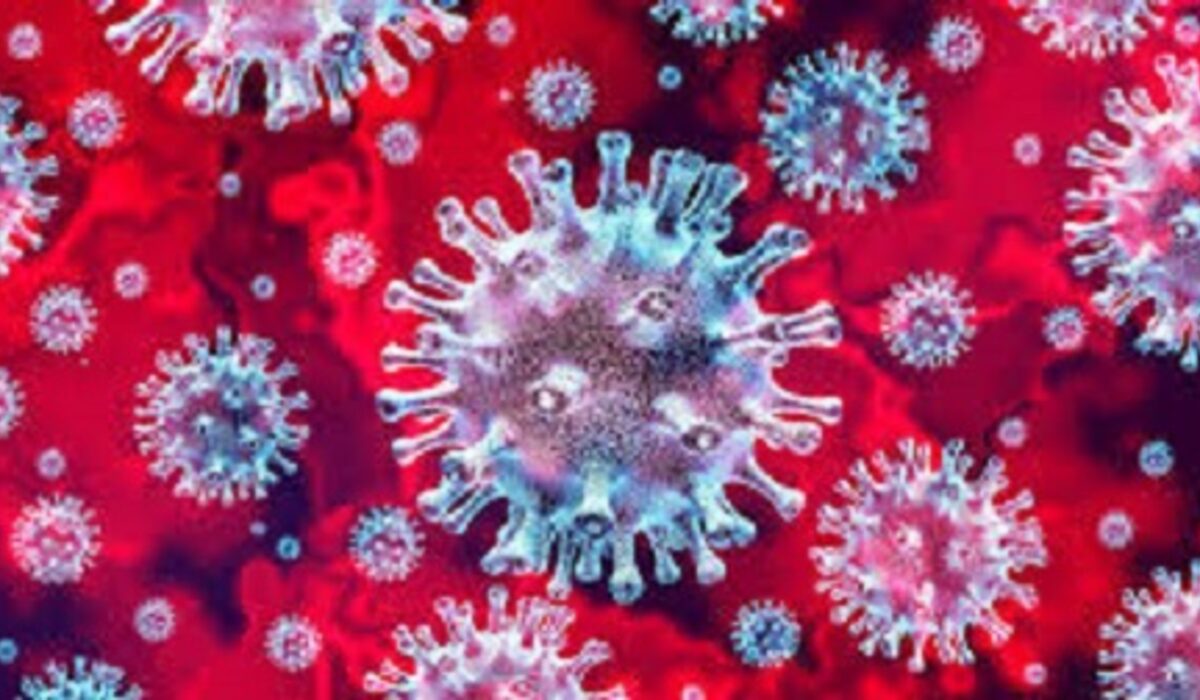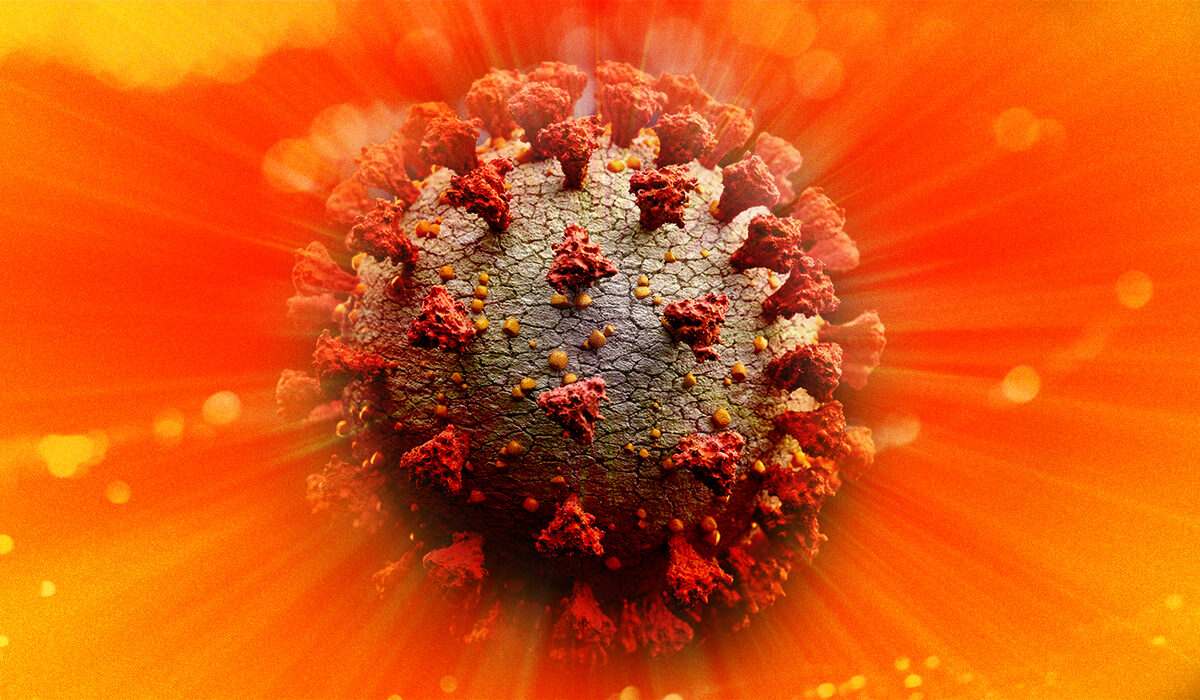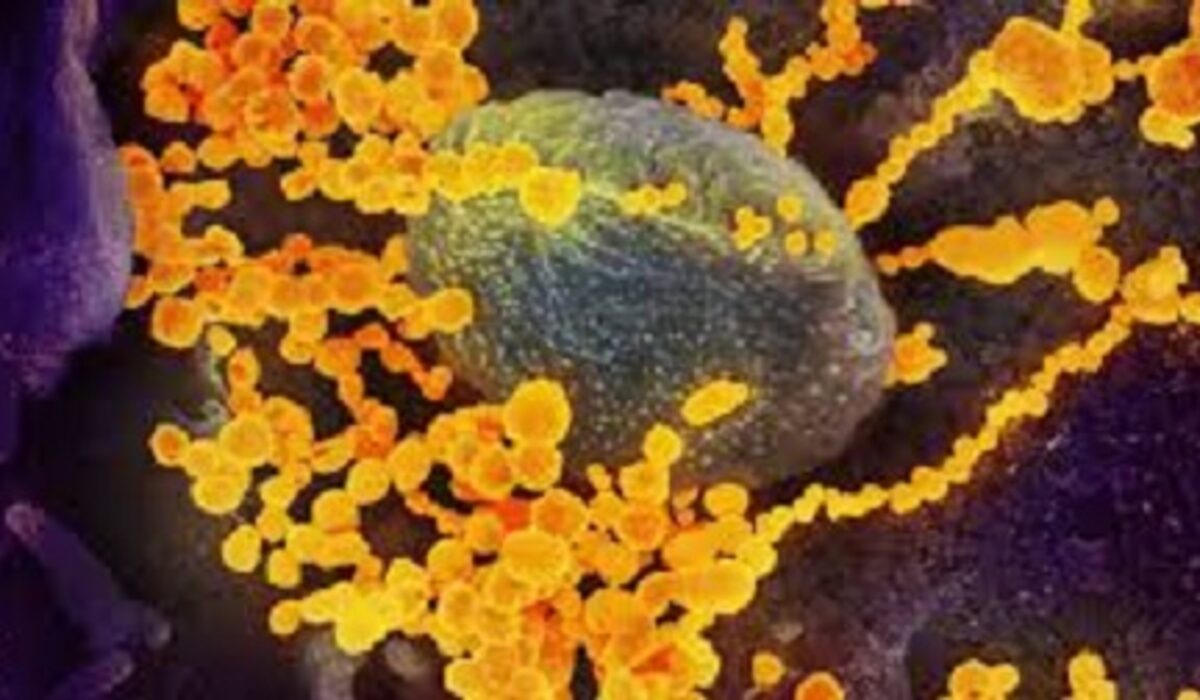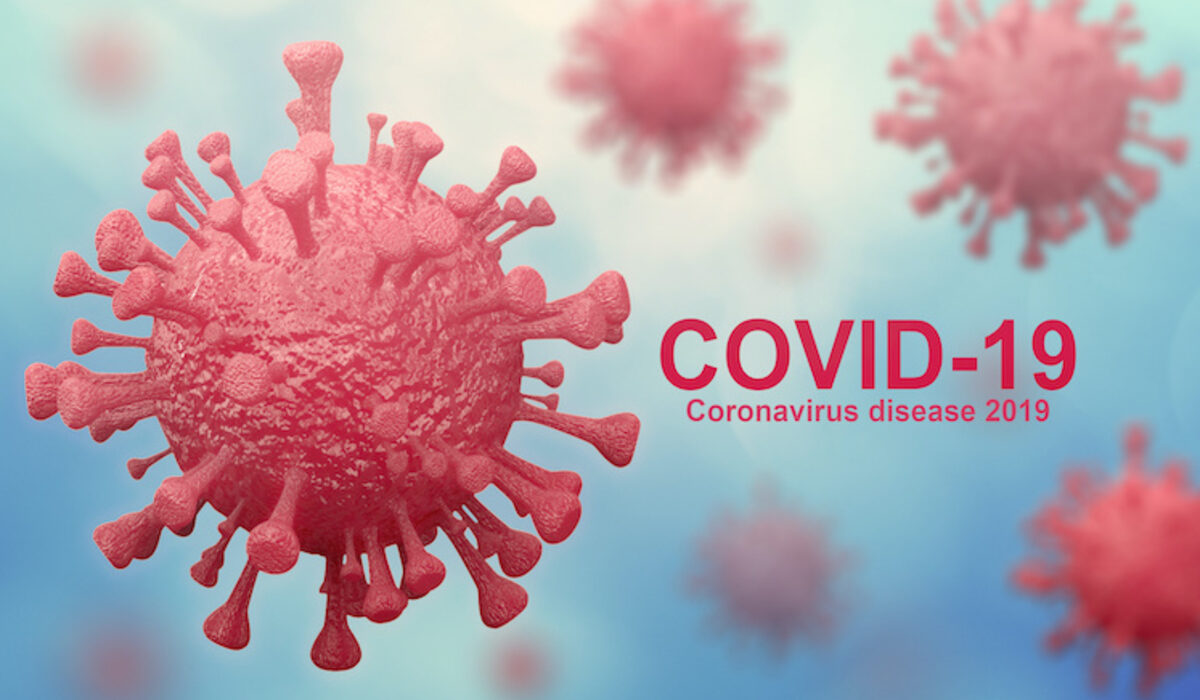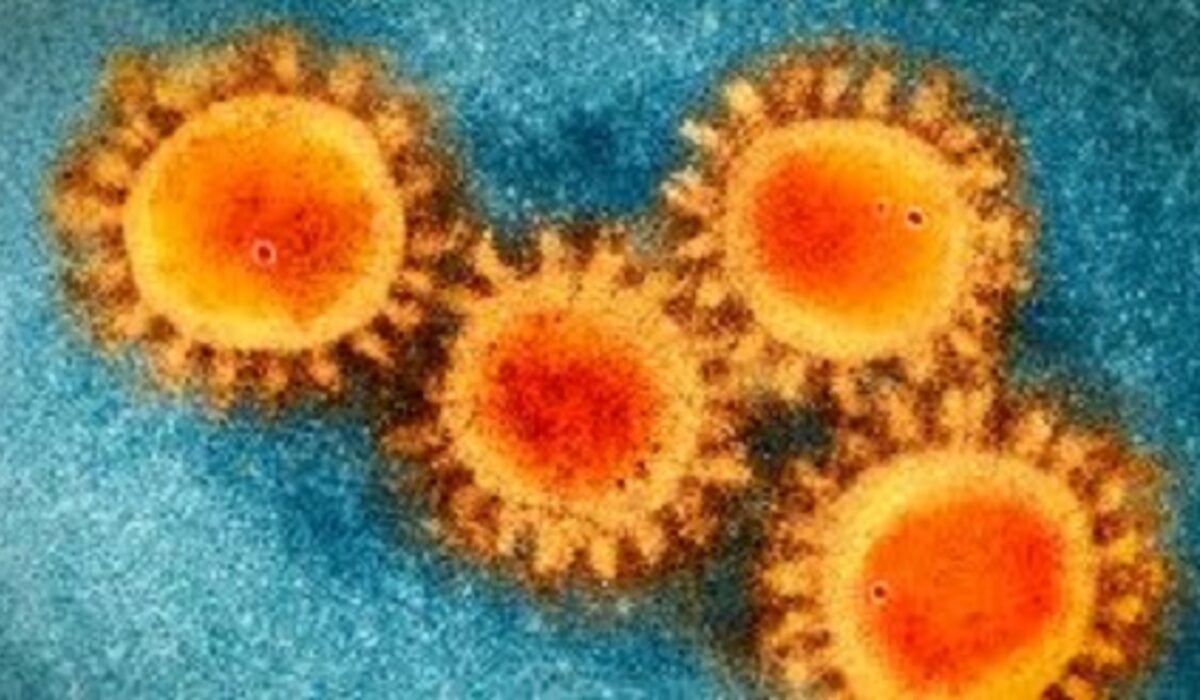- Home Eye Doctors
- About Us
- Medical Insurance & Contact Information
- Allergies, Red eyes & Congestion
- Dry Eyes
- Glaucoma Updates
- Macular Degeneration
- Diabetes & Your Eyes
- TBI & Concussion
- Our Eye Doctor Reviews & Links
- Eye & Good Health News
- Eye Doctor Gallery & Videos
- Myopia Control & Reduction
- Our Interns
- Maui Jims Sunglasses
- Sunglasses
- Blue Light & UV
- Contacts, Duettes & Sclerals
- Eyeglasses
- Eye Exams & Special Services
- Eye Emergencies & Walk In
- Color Vision Test & Corrective Lenses
- Computer Vision & Problems
- Anti-Fatigue Stress Relieving Eyeglasses
- Sports Vision
- Eye Images
- Words to Live by
- Safety Glasses & Protective Eyewear
- Presbyopia
- Blogs & Favorites
- Practice of Distinction
- Helpful Sites
- Relaxation Purifying Mind Restoration
- Holiday Specials & Everyday Promotions
- Corona Virus Sars 2
- Research
- Glaucoma Study
- PTSD Agent Orange & Military
- Employment Opportunities
- Best Optometrists and Eye Doctor
- VSP Members
Link IMPORTANT ANNOUNCEMENT - A Comprehensive Guide on Coronavirus Sars 2 Updated Aug 11, 2021
IIMPORTANT ANNOUNCEMENT - A Comprehensive Guide on Coronavirus Sars 2 Updated 02/01/2021
What to Expect after Getting a COVID-19 Vaccine
John Hopkins Hot Spots
Prevention & Treatment of Viruses
'This was a gift to us': Ivermectin effective for COVID-19 prophylaxis, treatment
Study finds hydroxychloroquine helped coronavirus patients survive better
An effective tool to prevent or fight any virus, sickness, or illness is a healthy immune system
As we go to gradual easing of the lockdown throughout the country, you should even more stringently adhere to the following:
Frequent mouthwash, Wear your mask, keep your social distance routinely, carry a facial/hand disinfectant spray*, sun (uv), Vitamin D, lots of water, ester-C, garlic, contrast showers, avoid anxiety & depression, good ventilation, moderate exercise, alkaline diet, Iodine, quercetin with zinc, Neem & Ghee, Ivermectin, Tamiflu, Hydroxyquinolone (best if used within 10 hours after infection) & exercise good anti-viral hygiene** (read below)
If you are healthy (and may be a carrier but asymptomatic) and low risk from vaccines adverse effects, then you should take the vaccine since this will help others who may be susceptible or have weaker immune systems. Children growing up in hermetically sealed environments are more susceptible to allergies, asthma & weakened immune system. Hiking, walking in forests with Eucaluptus, Cypress, etc helps to improve the immune system.

You are at high risk if you have the following and should seek medical attention & be self-quarantined:
- Low grade Fever of 99-100.4 degrees in the past 24 hours
- Difficulty breathing or shortness of breath
- Persistent pain or pressure in the chest
- Feeling confused
- Bluish lips or face
- Onset of flu-like symptoms in the past five days
- Traveled to a high-risk destination for coronavirus (COVID-19) in the past 14 days
- Had contact with a person with COVID-19 in the past 14 days. Increasingly more people are asymptomatic, so avoid people who don’t exercise proper hygiene or protection (not wearing mask, etc).
If you develop serious warning signs of COVID-19, however, you need to seek immediate medical attention. Go to your nearest Emergency Hospital or Call 911 and let the operator know that you have symptoms of COVID-19 especially if have fever (even low grade), dry cough & trouble breathing. If you have a medical mask, put it on before help arrives, and try to rest in a prone position (lie on your stomach).
1. An infected person may be contagious before showing symptoms, but people are most contagious when they are most symptomatic. For pet lovers: scientists concluded that pet cats and dogs can test positive for low levels of the pathogen if they catch it from their owners, but pets can't get sick from the virus. But you never know for sure, so please keep your pets safe.
Cold symptoms (unlike Covid-19) usually peak within 2-3 days and often include sneezing, sore throat, coughing, post-nasal drip, watery eyes, runny nose and sputum. Fever is rare, and cold symptoms may last up to 10-14 days.
2. Coronavirus pneumonia presents with a dry cough with no runny nose.
Researchers are still investigating how the coronavirus Sars2 affects the body, but the most commonly reported symptoms include:
- Remember, you may also be symptomless or minimal fatique, so exercise prevention...wear a face mask.
- Fever (99-100.4), feels hot to the touch, feeling feverish (possibly with chills), or looks flushed or glassy-eyed. This is a low grade fever (88%)
- Dry cough (68%) and fatique (39%) is the most common symtoms
- Phlegm or a productive cough
- Shortness of breath
- Sore throat
- Headache (avoid Nsaids until proven otherwise)
- Muscle and joint pain
- Chills
- Loss of smell or taste
- Diarrhea
- Abnormal Clotting Common in More Severe Disease
Less commonly reported early symptoms include, nausea or vomiting and diarrhea. Symptoms including fever, cough, shortness of breath and appear two to 14 days after exposure. Severe illness and death have been reported but most confirmed cases have mild symptoms. 5% may have sore throat and runny nose and 1-2% have diarrhea, nausea, and vomiting. Moderate-severe cases (48%) may present with digestive symptoms such as anorexia, abdominal pain, diarrhea, vomiting, etc. South Korea, China and Italy have all reported "significant numbers" of known COVID-19 patients with lost or reduced sense of smell. If you have moderate-severe symptoms and trouble breathing, lie down in a prone position or on your stomach. This way you help to drain the virus away from your lungs and improve breathing.
3. Keep warm. This new virus is not heat-resistant and may be hindered by a temperature of just 26-27 degrees (82-85*F). Sun exposure (especially UV) may be very helpful.
4. If someone sneezes with it, it takes about 10 feet before it drops to the ground and is no longer airborne. Research is indicating that the virus is spread not only by coughing or sneezing, but also just by talking or possibly even breathing. So avoid this situation as much as possible. N95 masks is the best, but any masks & face shield is better than no masks at all.
What Are The Best Materials for Making DIY Masks?

5. If it drops on a metal surface it will live for at least 12 hours - so if you come into contact with any metal surface - wash your hands as soon as you can with anti-bacterial soap, alcohol, or hypochlorous solution. Many common household cleaning products can kill the coronavirus if you use them properly. Use of disinfectants: alcohol and bleach
6. On fabric it can survive for 6-12 hours. Normal laundry detergent will kill it.
7. Drinking warm/hot water is helpful for all viruses. Try not to drink liquids with ice.
8. Wash your hands frequently as the virus can only live on your hands for 5-10 minutes, but - a lot can happen during that time - you can infect your eyes, your nose unwittingly and so on.
9. You should also gargle (salt water) and do frequent nasal rinse (saline) as a prevention. A simple solution of salt in warm water will suffice. But stronger mouthwash swish (Listerine) may be better. The presence of the virus was found to be highest in the nose and 2nd in the throat. So mouthwash rinse/disinfecting is very key and proactive.
10. Can't emphasize enough - drink plenty of water! Drinking lots of water dilutes the virus & toxins and helps your body to heal faster
11. Hydroxychloroquine (cheap, and large stockpile but not being used as much due to political bias) best if used within 10 hours of infection) and the antibiotic azithromycin has been used in China, France and now the U.S. with good results in the early stages. Hydroxychloroquine has shown to inhibit replication of SARS-CoV-2 in vitro from the beginning so why was this medication shoved under the rug? Dexamethazone may help in moderate-severe cases and help with breathing and oxygenation. SOLIDARITY includes research looking at four possible therapeutics: remdesivir (touted by Dr. Fausi as the gold standard, very expensive & not as effective; chloroquine and hydroxychloroquine; lopinavir plus ritonavir; and lopinavir plus ritonavir and interferon-beta. On April 3, 2020, hydroxychloroquine is now the number one medication of choice among the treating physicians who are not politically biased. However, Antiviral drugs used to treat COVID-19 may also interact with cardiovascular drugs -- for instance, liver injury and muscle enzyme elevations if lopinavir/ritonavir (Kaletra) is taken with certain statins. Also, there is sudden cardiac death risk with chloroquine, and risk of bradycardia with lopinavir/ritonavir. So if you are diabetic, hypertensive, heart disease, etc, you should take extra precautions and quarantine yourself longer and maintain proper anti-viral hygiene.
COVID-19: Could Hydroxychloroquine Really Be An Answer? Yes!
Could the Heartburn Drug Famotidine Help Fight COVID-19? Here's What We Know Right Now
Could Antimalarial Drugs Really Help Treat COVID-19?
Everyone who died from COVID-19 were still carriers of the coronavirus. Those who survived no longer had the virus & that changes the prognosis. But "As infected people do not develop long-lasting protecting antibodies against SARS-CoV-2, the idea of immune certificate for recovered COVID-19 patients is invalid."
Notably, patients continued to test positive for COVID-19 for 1 to 8 days after symptom resolution. So as not to infect people, extend your quarantine for another 2 weeks after recovery to ensure that you don’t infect other people.
A study in Iceland found that “about half of those who tested positive [for covid-19] are nonsymptomatic. Icelanders diet focus on canola oil (rapeseed oil), wild berries, root vegetables and cod. There was strong evidence that covid-19 spreads even among people without symptoms.
To prevent infection or decrease spread you must: wear protective masks, keep your distance, & exercise proper anti-viral hygiene** (use masks, avoid large crowds, social distance, cleansiness, wash face often or spray face/nose with hypochlorus spray solution (HOCL) often, frequent gargle with mild salt water and swishing mouth with antiseptic mouthwash, improve immune system, drink lots of water, reduce stress, more sleep, healthy diet with less sugar/carb and more fiber, hot showers, etc).
What happens to those with COVID-19?
Symptoms of COVID-19 may appear anywhere from 1 to 12.5 days after exposure, the CDC reports. The WHO adds that in most cases, the coronavirus has an incubation period of about 5 to 6 days, noting that anyone exposed to someone with a confirmed diagnosis should be monitored for 14 days.
Many people with mild cases are able to recover on their own at home with supportive care. Aside from healthcare workers, testing may be restricted to people with moderate-severe symptoms and those who are at higher risk for life-threatening complications, including older adults and those with chronic health issues, such as heart or lung disease, diabetes, cancer and other conditions that weaken the immune system.
1. It will first infect the throat, so you'll have a sore throat lasting 3–4 days
2. The virus then blends into a nasal fluid that enters the trachea and then the lungs, causing pneumonia. This takes about 5-6 days further.
3. With the pneumonia comes high fever (avoid Nsaids until proven otherwise) and difficulty in breathing.
4. The nasal congestion is not like the normal kind. You feel like you're drowning. It's imperative you then seek immediate attention.
About 80% of people recover from the disease without needing special treatment, according to the WHO. For most patients, that means drinking plenty of fluids and resting, just as you would for the cold or flu.
How to protect yourself
Unlike the seasonal flu, measles or other vaccine-preventable diseases, there are no immunizations that help protect against coronaviruses. Still, there are steps you can take to reduce your risk of infection. The CDC recommends these practical measures that lower your risk of exposure to the coronavirus as they do the flu. These include:
-
How does the virus/infection spread? Mostly spread through contact with an infected person through coughing, sneezing, nasal secretion and saliva. It is understood that the virus can be airborne for at least a short time. So just being in the same vicinity as an infected person could put you at risk. That’s why it is prudent to always wear a mask and keep a proper distance.
-
How should most people protect themselves, in order to minimiZe risk of being infected with the Covid-19 virus? Wear a face mask at all times. Avoid close contact with sick people or anyone. Maintain a social distance of at least 1-2 meters. Avoid touching your eyes, nose and mouth and you should frequently wash your hands with soap and water. Or at least 60% alcohol-based hand wash. If you have a fever, cough, have difficulty breathing, notify your doctor immediately and make a note of your recent contacts and travel history. Go to Emergency room if your symptoms become moderate-bad and you have trouble breathing. You can check your blood oxygen with an oximeter (use of home finger pulse oximeters by patients with COVID-19 could preempt the precipitous oxygen desaturation that leads to a crisis that needs intensive care) and sleep or rest in prone position (prone position can be used as an adjuvant therapy for improving ventilation) as you seek medical attention. Some reasonable and proven preventions to avoid catching Covid-19…
- Wash your hands often with soap and water for at least 20 seconds. This is especially important after using the bathroom, before eating and after blowing your nose, coughing or sneezing.
- Avoid close contact with people who are sick and avoid touching your eyes, nose and mouth until you wash your hands.
- Stay home when you’re sick and cover your cough or sneeze with a tissue, then toss tissue in the trash.
- Put distance between yourself and other people if Covid-19 is spreading in your community. This is especially important for people who are at higher risk of getting sick. 2 meters is a safe distance.
- Maintain high standards of hygiene.
- Inform your family or workplace if you are unwell.
- Clean and disinfect frequently touched objects and surfaces using a regular household cleaning spray or wipe. This includes tables, doorknobs, light switches, countertops, handles, desks, keyboards, toilets, faucets, and sinks. If disinfectants not available, use common bleach (4 teaspoons of bleach (clorox) in one quart of water.)
- Use an alcohol-based hand sanitizer with at least 60% alcohol when washing your hands is not possible.
You can be infected more than once. But less severely, the 2nd time.
As an extra precaution, consider using a hand sanitizer after shaking hands. And be hypervigilant about following the measures outlined above when you travel.
So in summary: To prevent infection or decrease spread you must: wear protective masks, keep your distance, & exercise proper anti-viral hygiene** (use masks, avoid large crowds, social distance, cleanziness, wash face often or spray face/nose with hypochlorus spray solution (HOCL) often, frequent gargle with mild salt water and swishing mouth with antiseptic mouthwash, improve immune system, drink lots of water, reduce stress, more sleep, sun exposure (UV), healthy alkaline diet with less sugar/carb and more fiber, hot showers, etc).
9 Signs It's More Serious Than the Common Cold
People with COVID-19 could even mistake their symptoms for the flu or a common cold. That’s why laboratory tests are needed to confirm the diagnosis.
More severe coronavirus infections could lead to pneumonia. This occurs when the infection triggers inflammation in the lungs' air sacs (alveoli), causing them to fill up with fluid. When this happens, breathing becomes more difficult, which prevents oxygen from reaching the blood. Since low blood pressure causes more congestion, could temporary increase in blood pressure help with this together with Dexamethazone?
In severe cases, COVID-19 could also lead to acute cardiac injury, an irregular heartbeat or arrhythmia, shock, and acute kidney injury or kidney failure, according to the CDC.
It’s the job of the kidneys to filter waste products from the body, help produce red blood cells and regulate blood pressure. Those with kidney failure have lost 85 to 90 percent of their kidney function, which is insufficient to sustain life without treatment.
The stronger and more supported your immune system is, the better able you are to remain healthy and protected. However, there are many things in modern life today that can harm immunity and make people more prone to getting sick, such as:
- Improper hygiene (like not washing hands/body enough)
- Unhealthy diet, such as excess sugar and processed foods
- Excess alcohol
- Excess stress & Insufficient sleep
- Environmental toxins (in the air, water, on food, etc.)
- Poor gut health (eat more garlic)
- Sitting too much / not exercising enough
- So maintain healthy habits, like eating well (alkaline diet), proper bowel movements, ester-C, garlic and herbal supplements may help, getting enough sleep and managing your stress levels, in order to keep your immune system as strong as it can be.
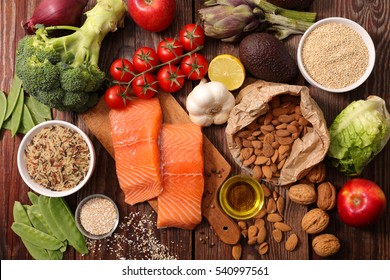
- Many professionals/media may disseminate different beliefs and recommendations so be careful. Wearing a mask is prudent and necesssary and is not optional. Prolonged business shutdown and prolonged unemployment is not the answer. This will create other health and disastrous financial/economic problems for many. In addition, it is best to keep the healthy young who may be carriers from the elderly and immune weak. There is no miracle cure but doing the right things will help you to recover faster. But it is better to exercise prevention by taking steps to improve your immune system (nutritional & herbal), your overall health, and avoidance (social distance, large crowds), and wear your masks and you should have many. N95 masks are the best, but a homemade mask consisting of two layers of cotton t-shirt material is very helpful.
- 25% of people are carriers with little to no symptoms. Men affected more than women, Older more vulnerable than young, Blood type O less affected than others (ABO gene). Eating more healthier foods tend to make your body more alkaline and also help fight free-radical damage and inflammation while supporting healthy cellular regeneration within your body. Children tend to be more alkaline than adults (and seniors need more multi-minerals), fruits and vegetables (fiber) promote bowel cleansing, and meats, dairy and processed foods are more prone to toxic colon & heart disease. Very likely the body hormones, maintaining a heart-healthy diet by eating fruits, vegetables, whole grains, fish, and nuts. (less sugar and carbs), may affect the body chemistry/GI tract and strengthen your immune system to defend against the virus?
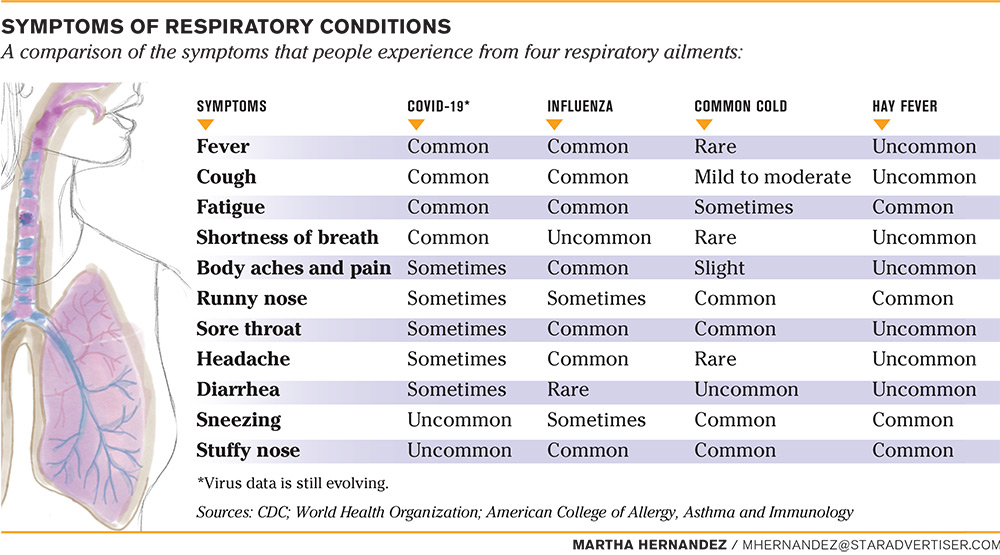
We are in the midst of what could be arguably the biggest public health crisis that America has faced since the Spanish flu 1918 pandemic. The lockdowns, quarantines, and the myriad of other disruptions have lead to alienation and for many financial/economic difficulty. In fact, it would be strange for us not to experience strong emotions under these extreme conditions. But life will get better! So let’s encourage people to hope, pray, and use relaxation & meditation techniques with guided imagery approaches to help control anxiety, worry, stress, and issues related to PTSD. These approaches and relaxations can give our minds and bodies a chance to partial/full recovery, and ultimately, they can calm our minds and help us continue with our purposeful and meaningful lives again.
So really how bad is the Covid-19 pandemic? Well, in a "bad flu year", between 50,000 and 100,000 Americans die from the virus or maybe even more since the statistics may not have been as accurate and even now it still isn’t with other causes of death falsely attributed to the coronavirus 19. By the end of this year, roughly the same number of people will have died from this virus. Its pandemic only because people are more prosperous, countries are more intertwined and globally connected, more people travel internationally & more often than ever. Its hyped up because its media driven, unfortunately politics driven too and this all caused unnecessary panic. Many people that died, died from multi-ailments and not only from covid-19. Was the prolonged business shutdown and quarantine really necessary? Could taking hydroxyquinolone or Tamiflu or other remedies have helped to slow down the spread? Why was the media so quick to condemn the use of Hydroxyquinolone? If some politicians could be more bipartisan and cooperate, if some medical doctors could accept that waiting for proven evidence-based cures (which will also be very expensive) or vaccines is not the only answer and accept and try anecdotal off-label treatments and accept that proper protection (masks, face shields, disinfectants, herbal (elderberry, grapefruit seed extract, garlic, etc) and nutrition (alkaline diet, ester-c, coq10, etc) can help in the meantime & that longterm shutdown (doctors/politicians who adamantly prescribe long term shutdown will only cause more harm) is not the sole answer and that if more people just exercised prudent behavior and wore masks, anti-viral measures & improve your immune system, social distance, frequent cleaning, and self-quarantine as necessary, then we would only need special temporary changes in businesses habits and individual protective behavior/quarantine and why not use Tamiflu, hydroxyquinolone proactively and for short periods of time? But total business shutdown is unnecessary and have and will cause even more financial/economic/health problems. You can’t blame politicians & doctors for being overly cautious but I do, or the media for over hyping (but I do) because everyone does what they are trained to do. And perhaps those who promote “passionate dislike” or accuse others of hate are themselves more full of hate. Politicians are supposed to commit their best efforts for the public good, not to be fighting against each other. We must call out lousy conduct from leaders, not play their game. By taking sides, we are not just legitimizing attacks and divisive behaviors; we are also fueling hate. The worst part is not that hating others is normal; it has become socially acceptable too.
On the social media stage, looking right seems the only thing that matters. Rather than using our emotions and intellect to do what’s best, we focus on proving others wrong — those who think differently become our enemies.
Those who are emotionally incompetent — that’s why they love to hate others.
It’s hard to believe that we are in the 21st Century — we behave as if the world is still unsafe and dangerous. Many people are not using their voices to make things better. They express their opinions simply to hurt others; to silence opposite thoughts. The hatred that we see daily on Social Media, the News, is doing us no good as a society. Our hearts have become completely incompetent — hate has taken over our emotions. Our beliefs blind us — that’s why we hate others.
But inherently we are full of goodness.
And our true essence, as human beings, is to be and do good.
And the prudent politician and doctors would not propagate this as an unprecedented pandemic that required prolonged business and outdoor shutdown but as a more severe viral season that occurs every 8 years or so and would make proper defensive (anti-viral) recommendations but not “prolonged shutdowns” and help make the world a better place without sacrificing the health of our nation because of personal/political bias & beliefs.
Public health experts: Americans should be wearing masks in public amid coronavirus
Stealth Transmission' of COVID-19 Demands Widespread Mask Usage
COVID-19 Dashboard by the Center for Systems Science and Engineering (CSSE) at Johns H
